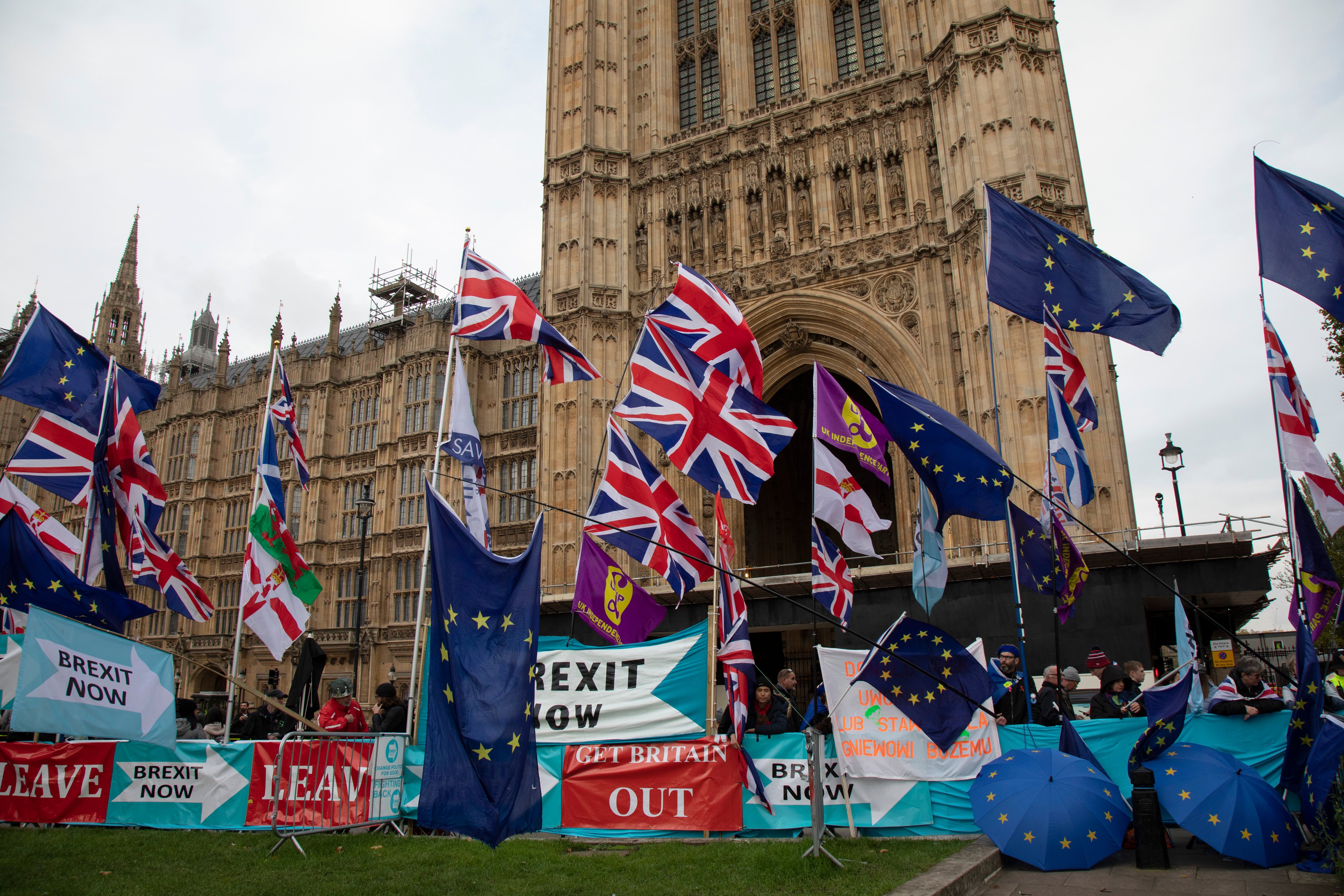
Campaigners who voted for the U.K. to leave the European Union are inching forward on plans to create a Museum of Brexit. Organizers have narrowed down their search for a location to one of two cities, both of which had high proportions of “leave” voters in the 2016 referendum.
The leading candidates are Peterborough in Cambridgeshire, which saw a 61 percent leave vote, or Boston in Lincolnshire, where 76 percent of voters opted for Brexit. One of these cities will be home to the museum, which has plans to open in two years’ time, according to a statement on the Museum of Brexit website. The announcement comes after an 18-month search for suitable buildings around the U.K.
“This has been a long and involved process,” Lee Rotherham, the pro-Brexit campaigner who is leading the venue search, said in a statement. “Each of the 50 initial locations were put through a matrix of 14 criteria…Everything from size, cost, transport links, support or otherwise from the local community, and council, through to ability to hire, local wage rates etc. were considered.”
Those backing the museum claim that it intends to address not only the history of Brexit through objects and personal stories but also will seek to explore the history of the sovereignty of the U.K. thus providing a “balanced” view of the Brexit process and result, which saw 52 percent of the country vote for Brexit, and 48 percent against.
“In the end we have decided that the two buildings most suitable for our needs are in the town of Boston in Lincolnshire, or the City of Peterborough,” the statement continued, although it did not give any further details on the shortlisted candidates. “Both of these buildings would match the requirements of the museum in display space, archive space, and the ability to run educational programs,” it said.
Those behind the idea of the museum, which had its genesis within the “Vote Leave” campaign, are in the process of trying to raise money to secure a building and amass a collection of memorabilia, ephemera and historical items to tell a broad story of U.K.’s road to Brexit.
“What is vital is that this project is sustainable, financially and historically. We are not looking at the next 10 years, we are looking at the next hundred,” said the statement.